#The Juke Joints
Text

B.B. King was born on a cotton plantation in Mississippi and later worked at a cotton gin in Indianola. While young, B.B. sang in the gospel choir at Elkhorn Baptist Church in Kilmichael. He was attracted to the Pentecostal Church of God in Christ because of its music. The local minister performed with a Sears Roebuck Silvertone guitar during services and taught King his first three chords. His first guitar was bought for him by Flake Cartledge, his employer in Kilmichael for 15 dollars. Cartledge withheld money from King's salary for the next two months until the debt was repaid. He was so attracted to music he taught himself to play guitar and began his career in juke joints and local radio. He later lived in Memphis and Chicago; then, as his fame grew, he toured the world extensively.
Born Riley B. King on September 16, 1925 near Itta Bena, Mississippi and died on May 14, 2015 in Las Vegas, Nevada at the age of 89.
#bb king#love#music legend#blues#guitarist#singer#songwriter#rock and roll#beale street#memphis#tennessee#lucille#juke joints#black lives#nobody loves me but my mother
39 notes
·
View notes
Text
I was a miserable musician myself, but I knew how to use music in my own way. Over the years I’d inspired some epic kisses by occupying a barstool alone in a dark, inconspicuous corner and taking over a juke box. I never minded being out all by myself. I loved observing their bodies react to my selection, people jump to their feet to dance, eyes widen and shoot directly to a lover or friend, a full table start to sing along together, or just a solo, grumpy old man start tapping his feet on the rung. In the right crowd I could completely transform a room without anyone even knowing I was there.. except maybe the bartender. Old Fashioned, please. It was magic to me.
#healing#music lovers#music love life#soundtrack of my life#soundtrack#music heals#musician#musicians#juke box#music of my heart#music saves my soul#juke joint#jukebox#healer#magic
80 notes
·
View notes
Text

Red Sovine - Juke Joint Johnny (1957)
Lattie Moore
from:
"Juke Joint Johnny" / "No Thanks Bartender" (Single)
"Juke Joint Johnny: Gonna Shake This Shack Tonight"
(2012 Bear Family Records Compilation)
Country | Rockabilly | Honky-Tonk
JukeHostUK
(left click = play)
(320kbps)
Personnel:
Red Sovine: Vocals
Studio Musicians: Unknown
Produced by Owen Bradley
Recorded:
@ Bradley Film and Recording Studio
in Nashville, Tennessee USA
during 1957
Released:
March of 1957
Decca Records
♪♪♪ ♪♪♪ ♪♪♪
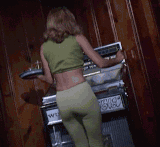
Juke Joint Josephine
25 notes
·
View notes
Text

A night out at a juke joint, S. Carolina, 1956.
Margaret Bourke-White—The LIFE Picture Collection/Getty Images
12 notes
·
View notes
Video
youtube
A Black People's History of Parties
#youtube#lexual media#harlem renaissance#black american#black american culture#black americans#house party#black american history#freaknik#rent parties#black american heritage#jook joint#juke joint#cross bronx expressway#voguing#vogue dance#bronx block parties#Po' Monkey's#Blue Front Cafe#Jimmy Duck Holmes
45 notes
·
View notes
Text

#Colorized photo of 19 year old Delta blues musician Robert Johnson#taken in 1930. He started playing on street corners and in juke joints and achieved small success in his life before passing in 1938#Mad_Season_1994#oldschool
73 notes
·
View notes
Text

With a renewed interest in juke joints, it is good to understand the origins, the elements, and the owners. And some of those owners were enterprising Black women.
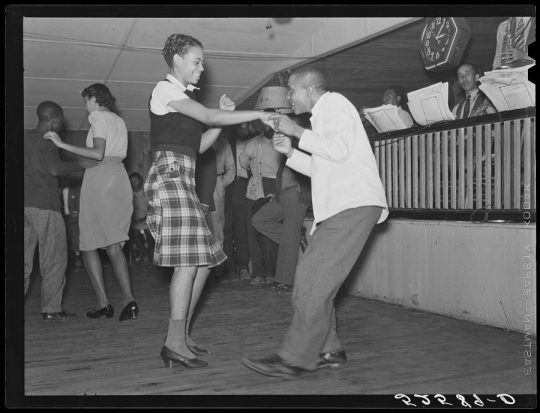
The word juke can be spelled and pronounced “jook” or “joog” and has its roots in both Gullah and West African cultures. Historians Peter M. Rutkoff and William B. Scott stated, “The juke, or jook joint, also came from West Africa. The word ‘jook’ derived from the Baramba word ‘dzugu’, which means wicked or bad.”
In the documentary “Alabama BlackBelt Blues” juke joints were described as places where people came to have a good time and sweat from dancing all night long. There were a few juke joints that offered gambling, yet another reason to be hidden in the woods or backfields.

Though juke joints were primarily owned by men, some of the savviest Black business women in the South owned juke or jook joints in the American South. These are the women who probably would never make the pages of Black Enterprise, simply because the work lacked a certain respectability or bourgeois appeal. No, these were the mothers, grandmothers and aunts of those people. Proof of their business savvy wasn’t in their ability to sell liquor or the blues to patrons, it showed up in their use of food as a primary moneymaker. Patrons needed food to soak up some of the moonshine and muscadine wine they were imbibing. On a Friday or Saturday night, working men and women would spend some of their hard-earned money on a meal and to be with good people.

Blues singer Sandra Hall received her start in music playing her mother’s juke joint, which was also a weekend fish fry. “She’d cook up a batch of fish and sell Black Label beer.”
If a plate was not in your budget, women owners sold dill pickles, pickled eggs and pig feet from huge jars behind makeshift bars. On the pit could be pig’s snout, tripe and other parts of the pig and bovine to be slapped between two pieces of white bread and slathered in BBQ sauce.
Running a successful juke joint was not easy for Black women owners. They had to be marketing geniuses to bring back repeat customers and attract new ones. They kept the books that sometimes included payments to law enforcement to avoid being shut down, pay staff that wasn’t family to act as bouncers, cooks, and bartenders, and they had to keep great talent performing. And they did all of that while keeping their families intact.
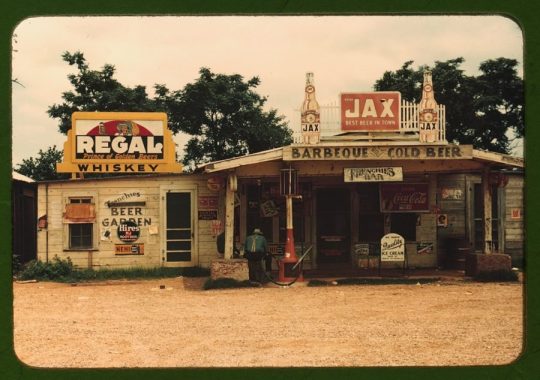
#Black Women Juke Joint Owners and Food Heritage#Juke Joints#Black Music#Black Food#Black Women#southern culture
18 notes
·
View notes
Text
I made a friendship breakup playlist
4 notes
·
View notes
Text
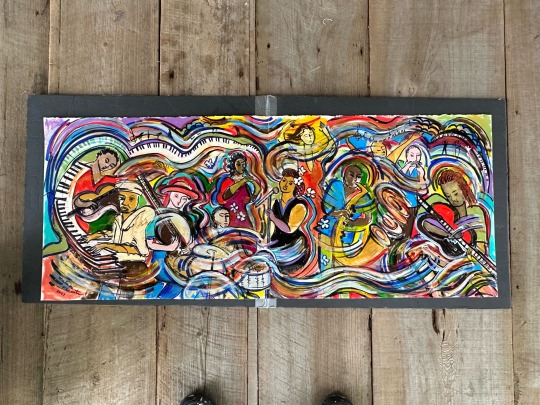
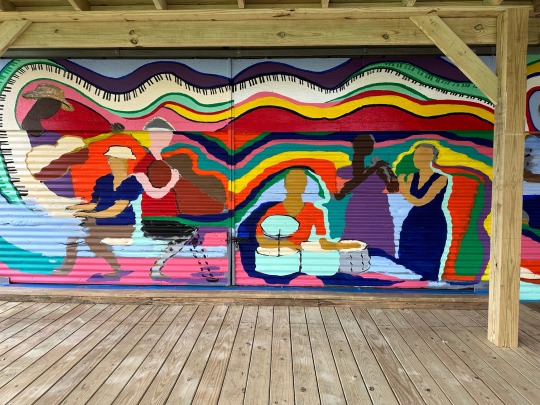
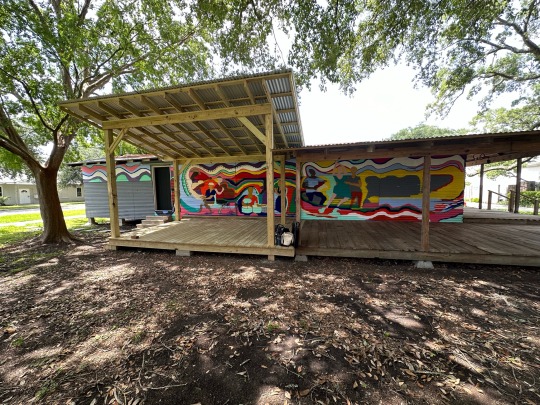
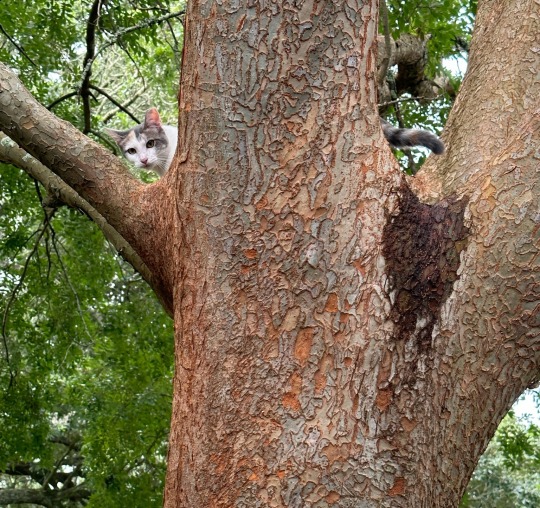
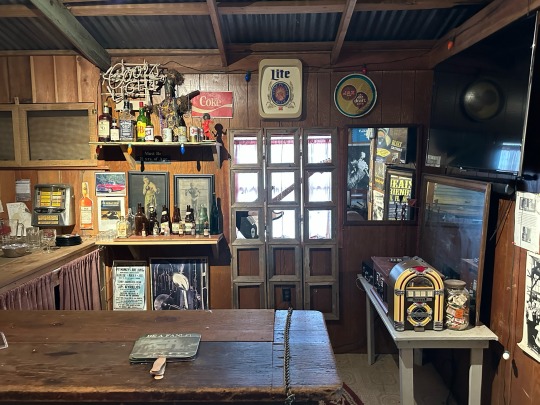

Work in progress🎨🎭
#Louisiana#South Louisiana#juke joint#jazz#blues#jazzart#baton rouge#port allen#new orleans#music#musician#art history#art#black artist#artists on tumblr#begginerartist#painting#mural#muesum#history#vibes#summer
17 notes
·
View notes
Text

Johnny Shines was taught to play the guitar by his mother and spent most of his childhood in Memphis, playing slide guitar at an early age in juke joints and on the street. In 1932 he moved to Arkansas and worked on farms for three years, putting aside his music career. A chance meeting with Robert Johnson, his greatest influence, gave him the inspiration to return to music. In 1935, Shines began traveling with Johnson, touring in the United States and Canada. They parted ways in 1937, one year before Johnson's death. Shines played throughout the southern United States until 1941, when he settled in Chicago.
Born John Ned Shines on April 26, 1915 in Frayser, Tennessee and died on April 20, 1992 in Tuscaloosa, Alabama at the age of 76.
* Johnny Shines was the most vigorous surviving practitioner of acoustic Delta blues.,with his intense vibrato, his observant, imaginative, yet tradition-soaked lyrics, and his incomparable slide guitar.
#johnny shines#love#music legend#delta blues#slide guitar#tennessee#alabama#chicago#arkansas#juke joints#black lives#robert johnson
7 notes
·
View notes
Text

Gus and Mabel dance at the juke joint edit @shironezuninja @magical-girl-techno-genius @cartoonfan21 @serentiydraw5678 @homuncvlus @illustrated-ink @misterygem @bitter-yet-civilized @siriuslyart @jademz1711 @jacky-rubou @appatary8523 @bluefrostyy @a-swag-potato @sakulovejulius12 @minijenn @waltdiegi-theartist @fatrnai @untitled14360 @kuskicanlove @collector-noceda-clawthorne
#disney#gravity falls#fanart#the owl house#gus porter#mabel pines#edit#crossover#the juke joint#my art#dance
15 notes
·
View notes
Text
Me in the back, middle w/ Mary Ann Jackson and "The Up All Night Blues Band". R.I.P. the late Martin "Big Boy" Grant.

#R L. Boyce#R.L. Burnside#R.L. Stine#Hill Country Blues#delta blues#Jessie Mae Hemphill#Junior Kimbrough#Lucius Smith#Sid Hemphill#Como MS#Sardis MS#Clarksdale MS.#Otha Turner and the Rising Star Fife and Drum Band#Hal Reed#The Hurt Family Fife and Drum Band#Moonshine Whiskey#Juke joint blues#Mississippi Fred McDowell#Compton Jones#Natural Light#Bud Light#Ed and Lonnie Young#Napoleon Strickland#Mississippi Blues#“Goosebumps”
2 notes
·
View notes
Text

A night out at a juke joint, S. Carolina, 1956.
Margaret Bourke-White—The LIFE Picture Collection/Getty Images
11 notes
·
View notes
Text
309: Junior Kimbrough // All Night Long
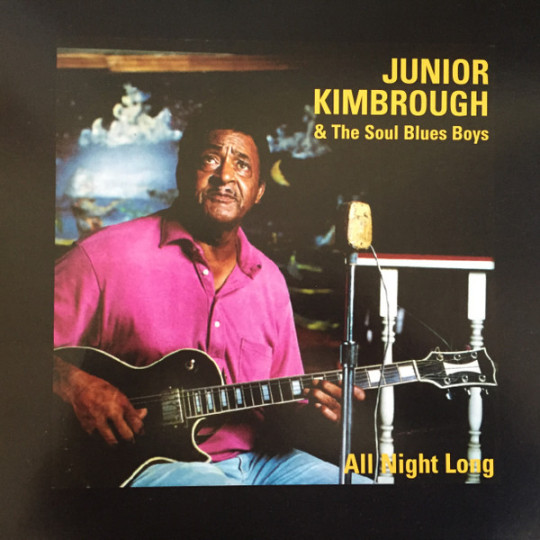
All Night Long
Junior Kimbrough
1993, Demon Records (Bandcamp)
“Crawling around in the dirt. Crawling around in the dirt between the rows of blooming, blinding white cotton in the field to the side of Junior’s old country juke, and this woman, Lord she must have been sixty, she was out there crawling around in the dirt, with me, I’m not lyin’! Both of us out there in the sun, drunk on white lightnin’ in the middle of the day! And it was a Sunday! Amps turned up all the way inside the shack, drums making the floorboards boom, you could hear it fine. Yeah out there in the dirt.”
That’s how Robert Palmer, an eminent rock critic turned filmmaker and music producer whose 1992 documentary Deep Blues sped along the rediscovery of Junior Kimbrough, opens his liner notes for All Night Long. It reads like a white New York Times writer trying to summarize a scene from True Detective in the voice of Toni Morrison, but there’s nearly always some degree of authenticity fetishism in prose about the blues. Palmer describes Kimbrough’s juke joint performances as orgiastic rituals, a head full of voodoo and a belly full of moonshine, sweaty, droning, folks drawn to the shack like moths to a light that could destroy them. It’s that thing that whites have found alluring and repellant about Black music since they first encountered it, the way it seems to provide something people desire in their gut without asking moral permission to do so.
youtube
Not having been by Junior’s place, I can’t really speak to Palmer’s assessment of the scenes (maybe he’d’ve described a college club in Provincetown called Hedonism in similar terms, who knows), but he made the right decision “producing” these recordings as little as possible. Kimbrough’s music does feel like something completely unreconstructed, these endless trudging jams with their reptilian pulses closer to African trance music than the tidy verse-chorus structures imposed by physical singles. He plays at ear-bleeding volume, unmindful of feedback, with a bone-dry tone that wouldn’t be out of place on a noise rock record. These are horny moan-songs about feeling good (often in the near-abstract way you get to drinking right before the spins hit) and staying out, though there’s a throbbing vein of violence and despair at the bottom of it.
Chances are my local Blues Society parents would have some trouble with his “You Better Run,” a bleak-humoured seven-and-a-half-minute nightmare about a woman pursued by a knife-wielding rapist. Kimbrough delivers it like one of those brimstone sermons about the perils of sin, only here there’s no sin implied, no God or Devil present, just this stalking, inevitable wraith, this thing that desires you as hungrily as a yawning grave. Kimbrough rescues the woman in his car towards the end of the song, but as he drives her home he drily warns her he might decide to rape her himself, only for her to reply that he won’t have to because she loves him. It’s a grim joke, but one that no doubt got a huge reaction from his regulars the same way the nastiest shit talk in a diss track gets people going—it’s the daring they applaud, the swagger of being badder than a bad world.
309/365
#blues#electric blues#delta blues#junior kimbrough#r.l. burnside#robert palmer#juke joint#'90s music#vinyl record#music review
5 notes
·
View notes
Text


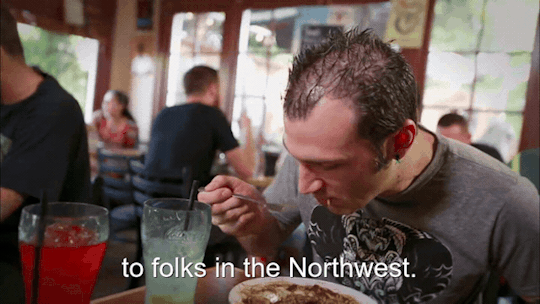
[FIERI: Which has always been the dream for Papa and his wife, Deb -- to dish out Southern grub juke-joint style to folks in the Northwest.]
#s21e11 chicken chowfest#guy fieri#guyfieri#diners drive-ins and dives#southern grub juke-joint style#fieri#dream#papa#wife#deb#folks#northwest
4 notes
·
View notes
Text

Ernie Barnes - Juke Joint
19 notes
·
View notes